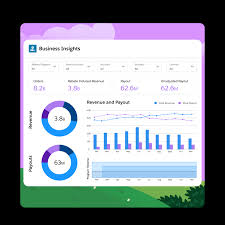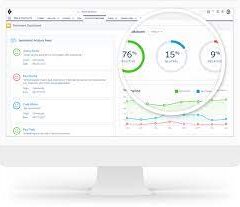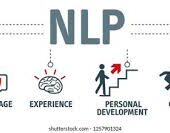Yes, Salesforce Manufacturing Cloud Can Be Customized to Meet Your Business Needs
Salesforce Manufacturing Cloud is designed to be highly customizable, allowing manufacturing organizations to tailor it to their unique business requirements. Whether it’s adapting the platform to fit specific workflows, integrating with third-party systems, or enhancing reporting capabilities, Salesforce provides robust customization options to meet the specific needs of manufacturers.
Here are key ways Salesforce Manufacturing Cloud can be customized:
1. Custom Data Models and Objects
Salesforce allows you to create custom objects and fields to track data beyond the standard model. This flexibility enables businesses to manage unique production metrics or product configurations seamlessly within the platform.
Customization Options:
- Custom Objects: Create new objects to store business-specific data.
- Custom Fields: Add fields to existing objects like Sales Agreements, Accounts, or Opportunities to capture additional metrics.
- Custom Relationships: Link objects to build meaningful connections between data sets (e.g., connecting sales orders to production schedules).
2. Sales Agreement Customization
Sales Agreements in Salesforce Manufacturing Cloud can be tailored to reflect your business’s specific contract terms and pricing models. You can adjust agreement structures, including the customization of terms, conditions, and rebate tracking.
Customization Options:
- Custom Sales Terms: Modify sales agreement templates to include specific business conditions.
- Dynamic Pricing: Customize pricing structures based on customer profiles, order sizes, or production costs.
- Milestone Tracking: Align milestone tracking with your production and delivery schedules.
3. Custom Workflows and Automation
Salesforce offers tools like Flow Builder and Process Builder, allowing manufacturers to automate routine tasks and create custom workflows that streamline operations.
Customization Options:
- Approval Workflows: Automate approval processes for sales agreements, quotes, and discounts based on predefined rules.
- Automated Alerts and Notifications: Trigger notifications based on production status, inventory levels, or sales milestones.
- Custom Processes: Build workflows that streamline order management, inventory tracking, and production scheduling.
4. Integration with Third-Party Systems
Salesforce Manufacturing Cloud can integrate seamlessly with ERP systems (like SAP or Oracle), inventory management platforms, and IoT devices to ensure a smooth data flow across departments.
Integration Options:
- ERP Integration: Sync data between Salesforce and your ERP system for accurate order processing and financial management.
- Inventory and Supply Chain Management: Integrate with inventory tools to provide real-time updates on stock levels and delivery schedules.
- IoT Integration: Connect IoT devices to monitor production equipment and adjust schedules based on performance data.
5. Custom Reports and Dashboards
With Salesforce’s robust reporting tools, you can create custom reports and dashboards that provide real-time insights into key performance indicators (KPIs) relevant to your manufacturing operations.
Customization Options:
- Real-Time Dashboards: Build dashboards to monitor critical metrics like production timelines, inventory status, and sales performance.
- Custom Reports: Design reports that track unique business metrics such as machine downtime or specific customer sales agreements.
- Predictive Analytics: Leverage Salesforce Einstein to develop predictive models for informed decision-making based on historical data.
6. Custom User Interfaces
Salesforce Lightning allows you to customize user interfaces to meet the needs of different roles within your organization, such as production managers or sales teams. This ensures users have quick access to relevant data.
Customization Options:
- Custom Page Layouts: Customize page layouts for different user roles to streamline workflows.
- Lightning Components: Build custom Lightning components, like real-time production trackers or order management widgets.
- Mobile Customization: Customize mobile interfaces for field teams to access and update critical data on the go.
Conclusion
Salesforce Manufacturing Cloud provides a wide range of customization options to suit the unique needs of your manufacturing business. Whether it’s adjusting data models, automating processes, or integrating with external systems, Manufacturing Cloud can be tailored to meet your operational goals. By leveraging these customizations, manufacturers can optimize their operations, improve data accuracy, and gain real-time insights to boost efficiency.
If you need help customizing Salesforce Manufacturing Cloud, Service Cloud, or Sales Cloud for your business, our Salesforce Manufacturing Cloud Services team is here to assist.













